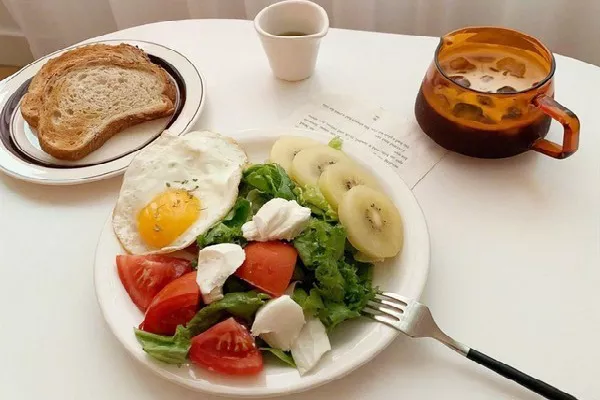Weight loss remains a common aspiration for many individuals striving to enhance their health and well-being. In the quest for effective weight management, the central tenet involves maintaining a caloric deficit, whereby the calories consumed are fewer than those expended. Low-calorie meals have increasingly gained favor as a healthier choice to facilitate this caloric deficit. However, it’s crucial to discern that not all low-calorie meals are created equal, and some may inadvertently sabotage your weight loss efforts.
We consulted with Lisa Richards, a seasoned nutritionist at The Candida Diet, to uncover the surprising low-calorie meal that could impede your weight loss journey. Richards divulged that low-calorie frozen meals, often touted as convenient options for weight loss, are the ones to exercise caution with due to several inherent drawbacks.
Low-Calorie Frozen Meals: An Overview
Low-calorie frozen meals are available in a myriad of options catering to diverse tastes and dietary preferences. These meals typically feature selections such as lean proteins like grilled chicken or fish, complemented by an assortment of vegetables and grains. For vegetarians and vegans, plant-based protein choices like tofu or beans are readily accessible. Moreover, specialized low-calorie frozen meals tailored to specific diets, such as gluten-free or keto, are also on the market. While these options offer the convenience of portion control, it is imperative to scrutinize their ingredient labels to ensure they align with your nutritional objectives.
Richards cautions, “These meals tend to be highly processed and may contain artificial additives, preservatives, and excessive sodium to enhance flavor and extend shelf life. Elevated sodium intake can lead to water retention and bloating, making it challenging to accurately gauge weight loss progress.”
She further highlights that low-calorie frozen meals often fall short in delivering essential nutrients like fiber and beneficial fats, which are pivotal for satiety and a balanced diet. Consequently, individuals may experience post-meal hunger pangs, potentially leading to unhealthy snacking and overindulgence later in the day.
The Verdict
For sustainable and healthy weight loss, experts often recommend prioritizing whole, fresh, and minimally processed foods that furnish a comprehensive spectrum of essential nutrients, promoting overall well-being.
To make smarter choices within the low-calorie frozen meal category, opt for frozen meals comprising whole, natural ingredients with minimal additives. Alternatively, if you choose to forgo frozen meals entirely, an array of alternatives awaits.
Embracing meal preparation can save time, particularly during hectic weeks, and offer nutritious, homemade options. Consider salads featuring lean proteins and abundant vegetables, homemade soups, nourishing smoothies, snack plates, grain bowls, stir-fries, and oven-baked dishes. Dining out? Select restaurants offering healthier menu items, emphasizing salads, grilled proteins, and vegetable-rich dishes. These alternatives not only provide variety but also grant control over the nutritional content of your meals, facilitating both weight management and overall health.


